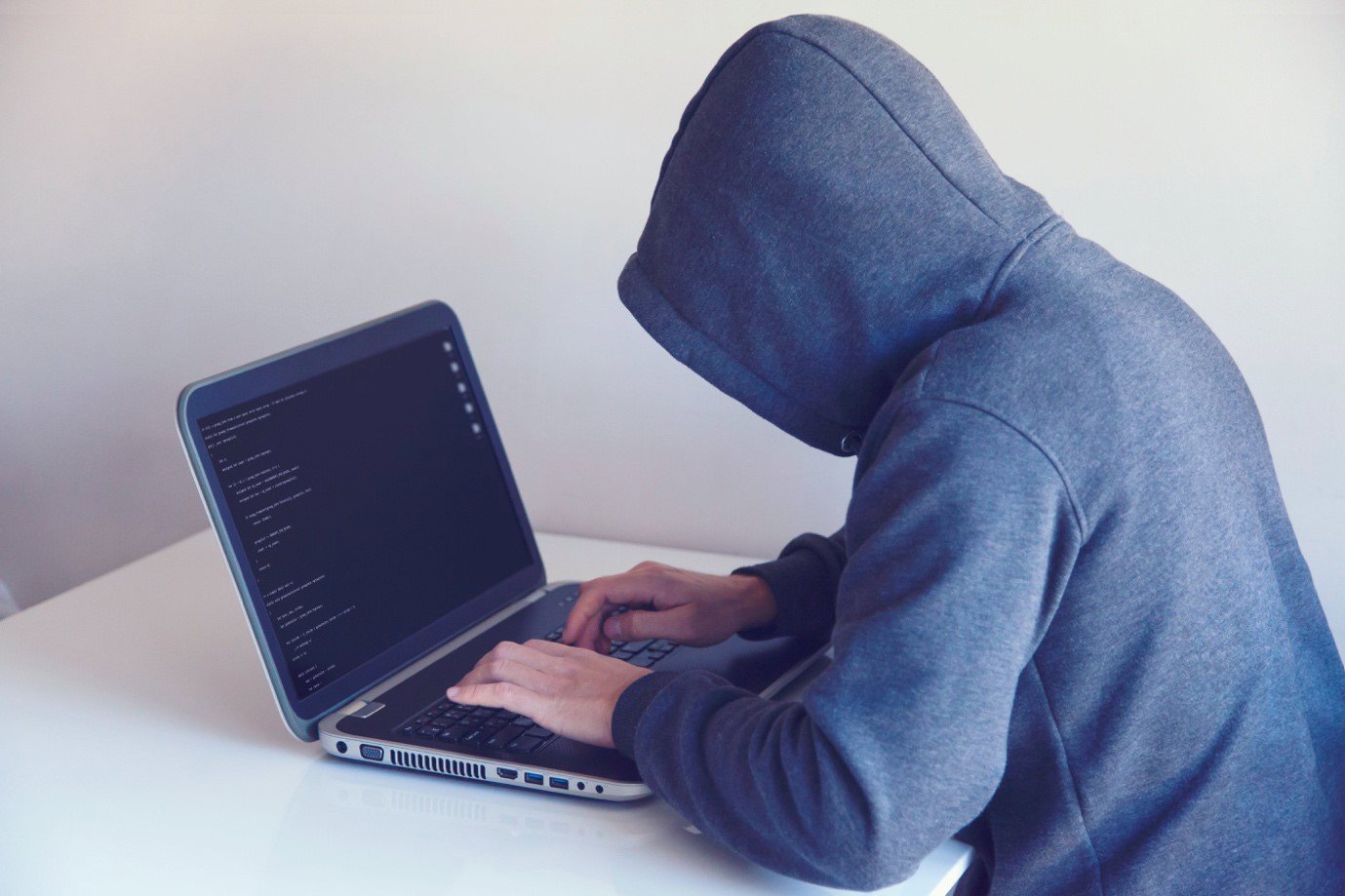Woman Hacks Ex’s Alexa and Social Media Accounts
A 2021 case in the courts serves as a stark reminder of the significance of safeguarding your privacy when a relationship breaks down. In this criminal proceeding, a woman faced legal consequences for her actions after separating from her partner.
In criminal proceedings widely reported in 2021, a woman received a criminal conviction for her use of her ex-partner’s accounts after their separation. It is reported that she used her continuing access to her ex’s Alexa device and CCTV systems in order to harass him and his new partner in a variety of ways, including sending messages, and turning lights ‘on and off and monitoring them.’
Moreover, she allegedly accessed her ex-partner’s social media account and posted a compromising image of him. These actions resulted in charges related to ‘revenge porn’ and ‘hacking’ of his accounts.
The woman defended her actions by claiming that she should not be criminally prosecuted for hacking, as she had used passwords that she had legal access to with the consent of her ex-partner. This case highlights the complex legal issues that can arise when personal data and digital access are involved.
Protect Your Privacy
As Family Law Solicitors, we often remind people to consider changing passwords to devices or email accounts, so you can maintain your privacy. This case acts as an important reminder as to what the consequences can be for all concerned where that doesn’t happen, and such information is misused.
It is also important to understand that quite aside from criminal sanctions, someone illegally accessing or using someone else’s personal data could face civil proceedings - such as injunctions or damages.
There are also limits on what you can do even when you believe the end justifies the means.
Is It Ever Okay to Access an Ex’s Accounts?
It is not unusual for separated couples to argue they have sought to access their ex-partner’s private documents or information in order to find the truth and prove he or she has lied about important issues, such as what assets they have.
Whilst the Court will never endorse people lying or failing to disclose the truth of the position, the law is also clear that the end does not justify the means, and there can be serious consequences for trying to access or use material that has been found in this way. Within family proceedings, such information is governed by a case called ‘Imerman’, which sets out the rules that apply.
As technology moves forward, there will always be new loopholes to address and new points to consider, as this recent case shows. But for now, the message should always be to act with extreme caution when thinking about accessing any accounts, devices or documents that are private to your ex, especially where any form of password or security is involved.
If in doubt, check with a Divorce Solicitor about what you are legally entitled to do, to avoid getting into trouble further down the line.

Legal Consequences of Unauthorised Digital Access
Unauthorised access to an ex-partner's digital accounts or personal data can have serious legal consequences. These consequences can be both criminal and civil in nature.
Criminal Consequences:
Revenge Porn Offense: Sharing intimate or compromising images of an individual without their consent, often referred to as 'revenge porn,' is a criminal offense in the UK. Those found guilty of this offense can face legal penalties, including imprisonment.
Hacking Offense: Unauthorised access to someone's accounts or devices can constitute a hacking offense, which is also a criminal offense. Those found guilty of hacking may face criminal charges.
Civil Consequences:
Injunctions: Individuals whose privacy has been violated can seek injunctions to prevent further unauthorised access or harassment.
Damages: Those who have suffered harm as a result of unauthorised access may be entitled to claim damages in a civil court.
The 'Imerman' Case
Within family proceedings, the rules for handling sensitive and private information are outlined in the 'Imerman' case. This legal precedent established that individuals cannot use information obtained through unauthorised access or illegal means in family proceedings. The courts prioritize privacy and the protection of confidential information.
Evolving Technology and Privacy Challenges
As technology evolves, new challenges and privacy concerns emerge. In the digital age, there are various devices and accounts that may be intertwined with a person's personal life. For example, smart home devices like Alexa, video doorbells, and personal email accounts can contain sensitive information.
Moreover, as the aforementioned case illustrates, the misuse of digital access can lead to harassment and the violation of an individual's privacy. It is essential for individuals to remain vigilant in protecting their digital privacy during and after a separation.
Checklist of accounts, passwords, and security you might need to change after separation
During a separation or divorce, several commonly shared passwords and accounts may need to be addressed and changed to protect privacy and security. These can include:
Shared Email Accounts: Many couples have joint email accounts for various purposes. Changing the password for such accounts is crucial to prevent unauthorised access to personal correspondence and sensitive information.
Smart Home Devices: Devices like Alexa, Google Home, or other voice-activated assistants may be connected to shared accounts. These devices can store voice recordings and personal data, making it important to change the passwords to maintain privacy.
Home Security Systems: Security systems, including video doorbells and surveillance cameras, are often linked to shared accounts. Changing passwords for these systems can prevent unauthorised monitoring or tampering.
Social Media Accounts: Shared social media accounts or accounts with shared passwords should be updated to prevent misuse. Unauthorised access to these accounts can lead to harassment or the posting of compromising content.
Cloud Storage and Online Services: Accounts used to store personal files, documents, or photos on cloud storage platforms should have their passwords changed to prevent unauthorised access.
Online Banking and Financial Accounts: Joint or shared financial accounts, including online banking, should have their passwords changed to protect financial assets and transactions.
Streaming Services: Shared streaming service accounts can be updated to ensure continued access to entertainment without sharing passwords with an ex-partner.
Online Shopping Accounts: Accounts used for online shopping may contain personal information and payment details. Changing passwords can prevent unauthorised purchases or access to financial data.
Mobile Devices and Tablets: Passwords to mobile devices and tablets should be updated to maintain privacy, especially if these devices contain personal messages, photos, or apps.
Work-Related Accounts: If an ex-partner had access to work-related accounts, such as email or project management tools, it's essential to update passwords to prevent potential breaches of confidentiality.
Changing these commonly shared passwords is an important step in protecting privacy and preventing potential legal consequences, such as criminal charges related to unauthorised access or harassment.

What steps should I take if I suspect my ex-partner has hacked my accounts?
Review Account Activity: Check the recent activity on your accounts to identify any unauthorised access or suspicious actions. Most online services provide a feature to review login history and active sessions.
Log Out of All Devices: Many online services allow you to remotely log out of all devices that are currently accessing your account. This can be an effective way to kick out unauthorised users.
Scan for Malware: Run a thorough malware scan on your devices, including computers, smartphones, and tablets. It's possible that your ex-spouse used malware to gain access to your accounts.
Contact Service Providers: If you have concrete evidence of unauthorised access or hacking, contact the service providers of the compromised accounts immediately. They can assist you in securing your accounts and may even help in the investigation.
Document Everything: Keep records of any suspicious activities, messages, or evidence related to the hacking. This documentation can be valuable if you need to involve law enforcement or legal authorities.
Consider Legal Action: If you believe that the hacking constitutes a serious breach of your digital privacy or if it involves illegal activities such as harassment, revenge porn, or the theft of sensitive information, consult with a solicitor. They can guide you on potential legal actions to take, such as filing a police report or pursuing civil litigation.
Secure Devices: Ensure that your devices are adequately protected with up-to-date security software and operating system updates. Regularly monitor for any signs of unauthorised access.
Seeking Legal Guidance
Given the legal complexities and potential consequences, individuals who have questions about their legal entitlements or concerns about unauthorised digital access should seek legal guidance. Consulting with a solicitor can help clarify the legal boundaries and provide insights into the best course of action to protect one's privacy and navigate the challenges of separation.












